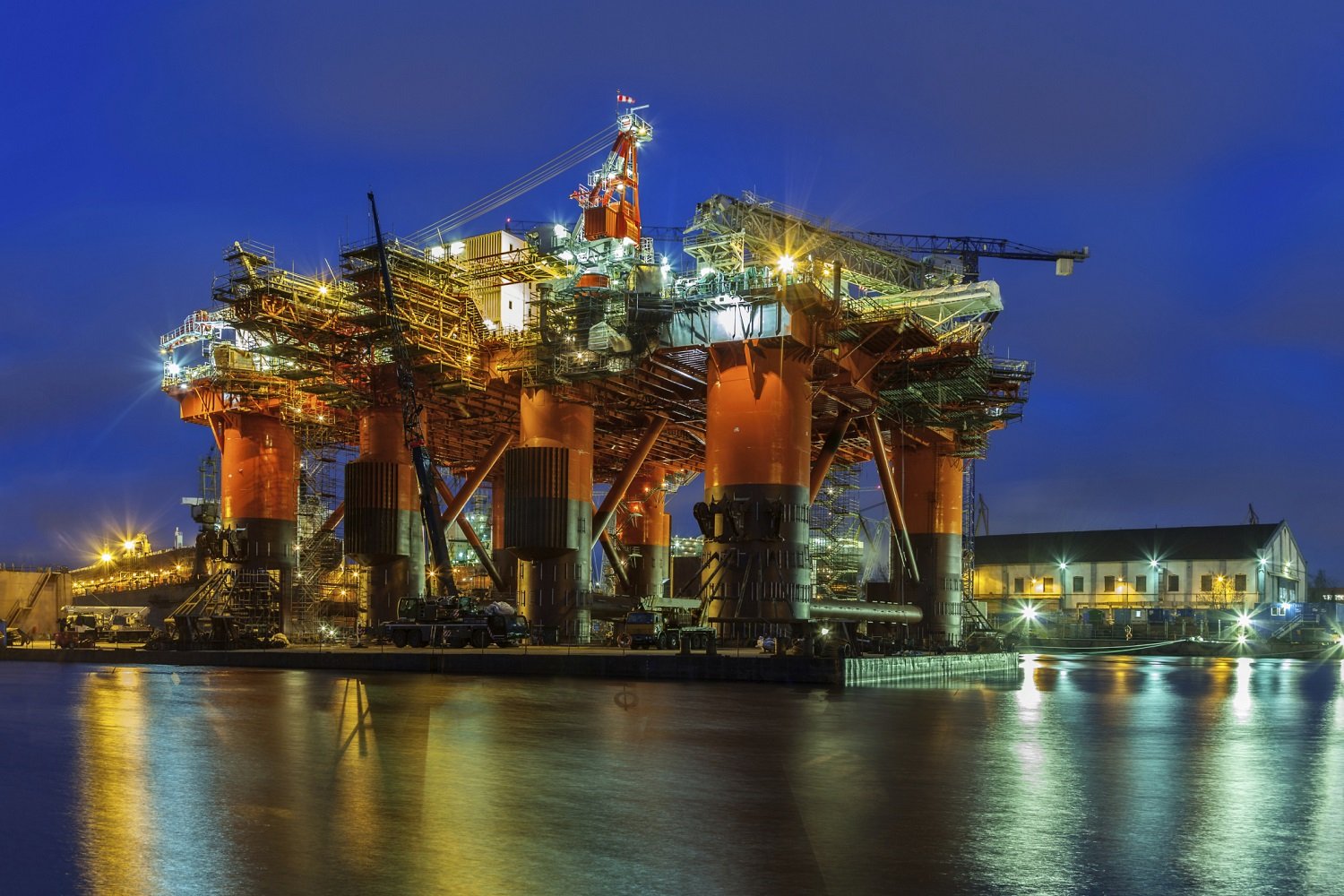
Seadrill West Ariel Jackup rig. Source: Seadrill
Since June, I've written several articles about Seadrill Ltd. (SDRL +0.00%) and mentioned selling in both. The first was quite specific, in that it dealt with certain investor situations that might point to selling as a prudent call. The second article was in response to the way Seadrill bungled a recent debt offering and offer of early redemption for convertible debt holders, and in how it would have caused undue -- in my opinion -- harm to common shareholders by using future dilution to pay for the early conversion.
After considering my options, which included selling my stake in Seadrill and reinvesting the money in one of a handful of companies, including GasLog Ltd., I've decided that the best thing to do for now is nothing. I'm holding my shares. Let's talk about why.
Short history lesson
What drove my decision to consider selling was how a quite poorly thought-out debt offering even came so close to actually happening. Did management not realize how the market would respond? The apparent answer is "no," and management ended up backing out when the market sent the share price way down. As was said in the press release: "the Board was left with the difficult decision to accept an unattractive deal or create this unfortunate situation. The Company and the Board will not be forced to transact in any market at unfavorable terms, therefore saw cancellation as the only viable alternative."
This was from the July 18 release, announcing that the early conversion offer was back on the table. While this will result in some earlier-than-necessary dilution and added dividend expense that erases any savings from better interest terms on the refinanced assets, it's not being paid for with even more dilution in 2019, as was the case with the prior offering.

Seadrill West Navigator drillship. Source: Seadrill.
Still in the driver's seat for deepwater and harsh environment
This is what drew me to Seadrill Ltd. from the beginning, and despite the added debt and dilution (both present and future) that would have been caused, had the debt offering taken place, this is still the best positioned of the offshore drillers in a bifurcated market. Truthfully, its position of strength is growing, as even more newbuilds come online. Seadrill has shown a remarkable ability to get its newbuilds under contract, and to keep them there. This is critically important as debt loads rise.
I accept that this -- those newbuilds -- will lead to more debt, but that's the price of establishing a dominant position in this market. I knew this was part of the package when I bought my first Seadrill shares in February 2012, more than two years ago.
And despite the speed bumps in recent weeks, I see no evidence that the company has lost its edge in putting its assets to work.
Using subsidiaries to diversify risk, debt
What I can't accept is seeing all of the potential rewards being eaten up with constant dilution, if the dilution isn't necessary. This is one of the reasons Seadrill has established North Atlantic Drilling Ltd. (NYSE: NADL) and Seadrill Partners LLC (SDLP +0.00%), as vehicles to diversify its debt while still sharing in the profits, via Seadrill's majority ownership of these companies. Seadrill can (and has) sold full or partial interest in vessels to both of these subsidiaries, and it can continue to do this to further diversify its debt and risk. All three companies pay out strong dividends, and Seadrill gets a nice chunk of income from both:
SDRL Dividend data by YCharts
Shareholders of both North Atlantic Drilling and Seadrill Partners also benefit; this is precisely how these two companies will do the majority of their growing, via acquired assets from Seadrill.
Final thoughts: not letting "perfect" become the enemy of the good
The reality is, selling is something I don't take lightly, and I'm firmly convinced that doing nothing is the best choice, most of the time, when it comes to owning stocks. There's no such thing as a perfect investment. But that doesn't mean we should give managements too much leeway -- especially when managing a very large debt load is so critical to success.
The way things stand today, the opportunity for outsized returns outweighs the risks that mismanagement will cause permanent capital loss. I'm willing to believe that this was a gross miscalculation, and that management has learned an important lesson about what shareholders will and won't accept.
However, I'm keeping Seadrill on a shorter leash when it comes to managing debt and dilution. I accept that we will see more of both to pay for newbuilds. Debt is central to what Seadrill is doing; I get that. With that said, if Seadrill decides to add more debt or dilution that doesn't directly accompany a newbuild, or refinancing existing debt on better terms, I might finally reach my tipping point. I'm fine with debt, but I want to see it applied to strengthening the company, not enriching debt holders.






